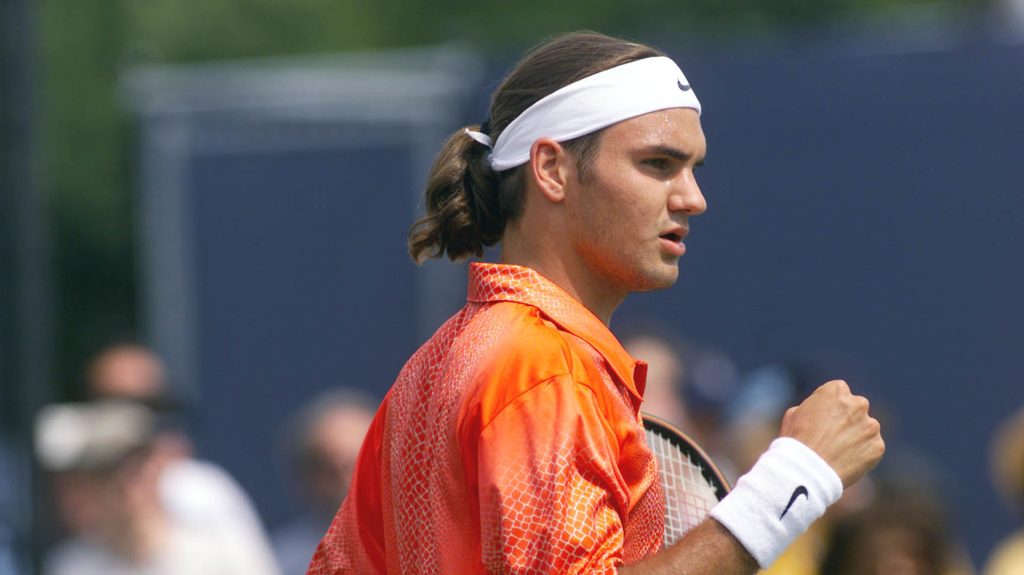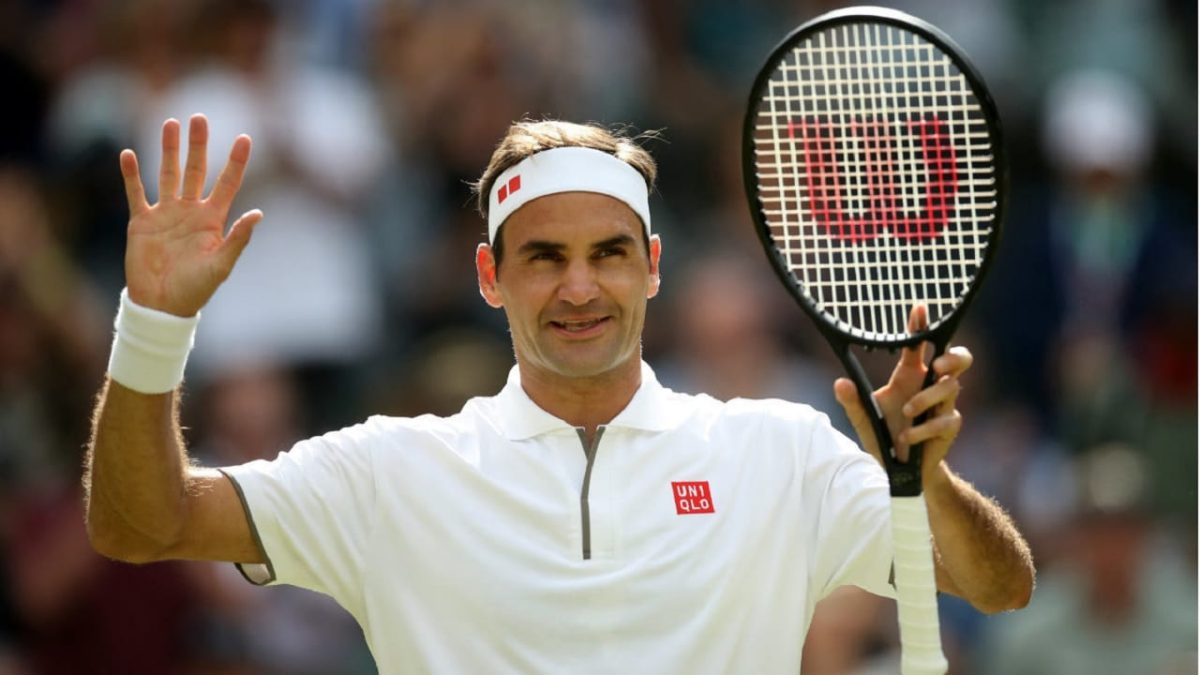Roger Federer leaves. He leaves to applause and congratulations. He leaves between acknowledgments and praises. As a model of a gentleman, perhaps the last ‘gentleman’ of men’s tennis, who is not hard to imagine wearing long white flannel pants and a cloth cap, ordering a tea with a lot of sugar in a change of sides at Wimbledon. Certainly Roger has been that.
He has reigned in the Cathedral, he evolved the volley of the Australian masters and of Pete Sampras. He imposed his one-handed backhand after Borg and Agassi turned the racket into a bat.
He needed a Nadal so that the clay court did not add to the empire that he was building on the rest of the surfaces. In Federer, what Gómez de la Serna said about leaving on the shoulders after the goodbye is not fulfilled, no matter how badly it has been done, because Roger did it very well and left on the shoulders many times before what will be his goodbye.
What is the meaning of Roger Federer for tennis? ‘Only’ to be the first of the Big Three who have dominated the first two decades and what we have been in the third of the 21st century, and the first to say goodbye to tennis? Is the scope of your figure reduced to your world number 1s, your Wimbledons, your US Opens, your Australian Opens, your Roland Garros, your Masters, your Masters 1,000, your ATP titles, your his Davis Cup, his Olympic gold and silver…?
Well, that is going to be what will be remembered, mainly, of him, added to that elegance of which we have spoken, to have transferred to the 21st century that ballet that fell in love with the young Manolo Santana when he saw it perform for the first time, demonstrating that tennis had a path of evolution other than aggressiveness, a brutal point of Connors and Agassi.
But perhaps it is necessary to appreciate another point of his personality, perhaps the most controversial, to more accurately assess his figure at the moment of goodbye.

Roger Federer: His ‘dark’ years
Roger leaves as a king, an emperor or a pope, but he arrived as a child, as an immature. It is not that in the training circuits – adolescents with runaway testosterone and the itch of the proximity of the transition to adulthood, which in his case is an always problematic jump from junior to seniors – he was easily enraged and that many of his trips with their parents back from tournaments were long drives in which no one said a word.
Arrived at professionals, in his early days Roger, already junior champion of Wimbledon (1998) alternated in his appearances between matches at his level, lethargy as if the match was not with him, a bit like Nick Kyrgios, some disregard for his rivals , broken rackets and iconoclastic appearance, with mohawks, bows and long hair. Roger celebrated his 18th birthday, along with the doubles title he had just won at the El Espinar Challenger, with a large bottle next to the track (it was also modest: two Mahou boxes).
Tennis wondered if the immense talent that he treasured would explode or end up being diluted as, a little later, happened with Ernest Gulbis. Fortunately for Roger, in those days there weren’t as many cameras on tennis as there are now, and so over these years there are more stories than images. But Roger evolved and that is perhaps the great lesson of his career and his great contribution to tennis: that you can improve, that one can beat oneself.
Roger found a way to focus and be who he could be. More than the psychological work that he also carried out, it was Peter Lundgren who, as a coach, managed to ‘convince’ him that he could be Roger Federer, and it was by confronting him with the reality of the circuit -a bit like ‘Pato’ Álvarez did with his pupils – with more respect for his effort than for his talent.
And Roger ended up convincing himself, and he could have been the Roger Federer whom we are now preparing to say goodbye to with a big round of applause and to thank him for his career. As always happens in sports, he did not achieve this success, perhaps the greatest of his career, due to infused science, pulling exclusively on talent and that is perhaps why that match, played for years against himself, was the best of his.
